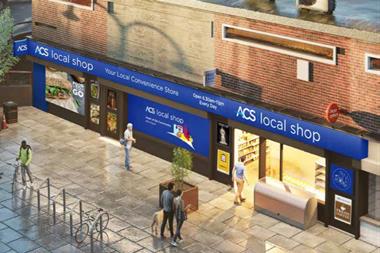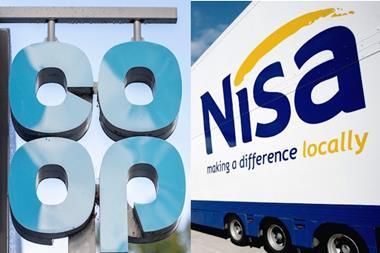
The Association of Convenience Stores (ACS) has urged the Chancellor to present an Autumn Budget that provides support to local retailers dealing with challenges such as rising costs and economic uncertainty.
With the Labour government set to present its first major fiscal event on 30 October, the ACS is calling for conditions that will help retailers continue to invest in their businesses.
In its submission to the Treasury, the ACS has outlined the obstacles retailers have faced in recent years. Rising inflation, soaring energy costs, a tightening labour market and a surge in theft and violence towards shopworkers have hit businesses hard.
Despite this, convenience retailers have shown remarkable resilience, investing over £1 billion in the past year, demonstrating their commitment to continuing to provide essential goods and services to their communities.
However, the ACS warns that to sustain or grow this level of investment, they need the right economic environment that supports their ongoing efforts and development.
In setting out recommendations to the Treasury, ACS has outlined proposals that not only support convenience retailers but also align with the Government’s five missions. These proposals are designed to be financially sustainable, ensuring they can raise more revenue for the Treasury while fostering economic stability and growth.
Recommendations made in ACS’ Autumn Budget submission include:
- Increase the employer NICs threshold to £185 and uprate it each year
- Maintain small business rate relief and the 75% retail and hospitality relief
- Introduce an alternative rating methodology for online distribution warehouses
- Ring fence revenues from the upcoming vaping products levy to fund local enforcement
ACS chief executive James Lowman emphasised the importance of supporting convenience stores so they can continue to invest in their communities and contribute to the UK economy: “Convenience retailers have weathered the storm of increasing costs, higher inflation and spikes in their energy bills. Much of the investment being made in stores is in a wider range of services, which bolsters their role as part of the universal basic infrastructure that every successful community needs.”
You can access the full submission here.











![WG-4003[58]](https://d2dyh47stel7w4.cloudfront.net/Pictures/274x183/4/5/1/353451_wg400358_6083.jpg)
















No comments yet